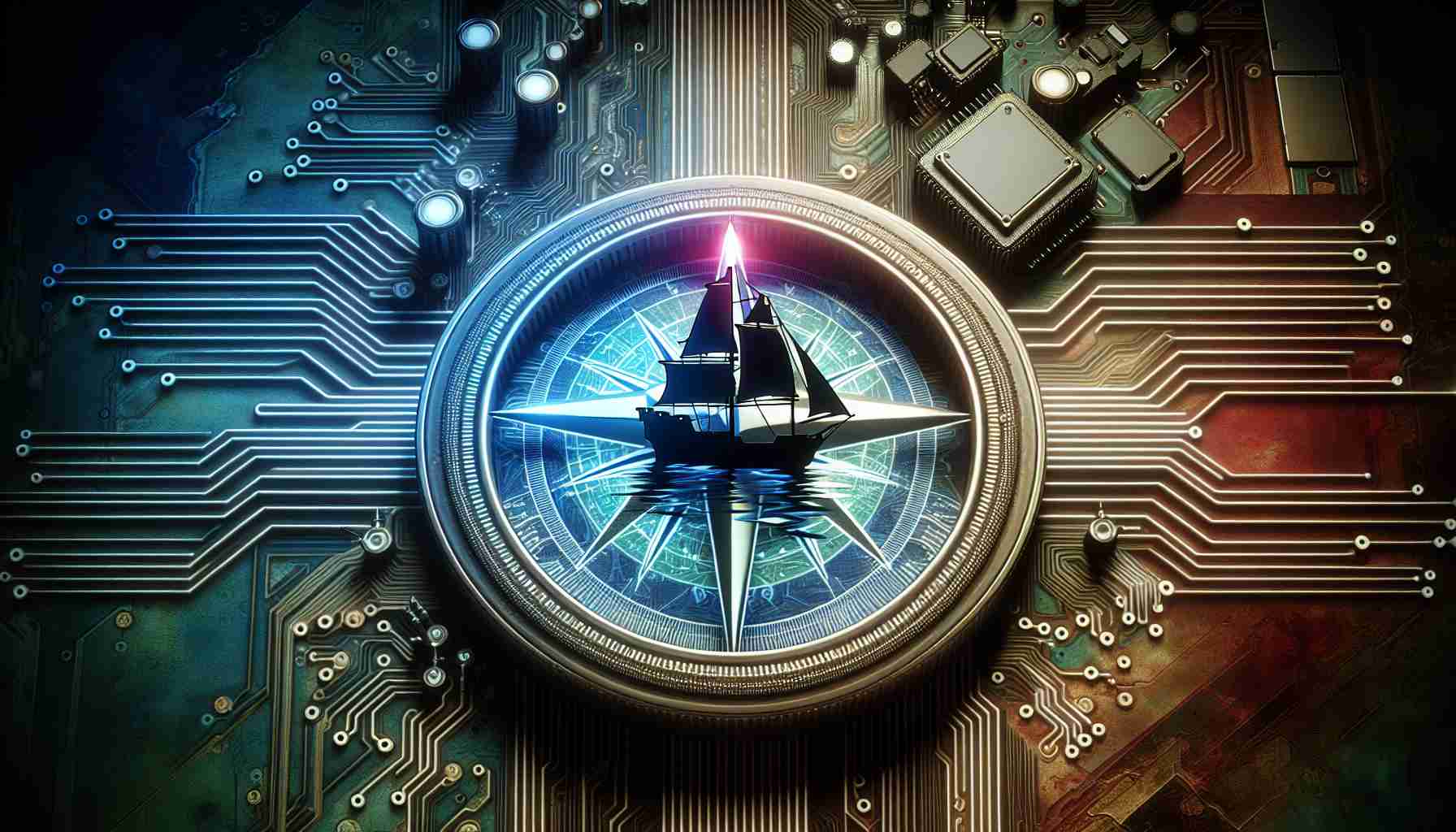The relationship between political ideologies and modern technological advancements continues to evolve. Jason Stanley, a prominent philosopher, has extensively examined the mechanisms through which fascism can manipulate and rewrite history to serve its agenda. His work highlights the tactics employed by authoritarian regimes to shape narratives and influence the masses.
On a different front, the rise of tech companies in Silicon Valley has given birth to a new concept termed “techno-feudalism.” Cédric Durand, a noted political economist, delves into how financial systems have reshaped societal structures in our digital age. In his latest works, he articulates the idea that digital platforms have created a new form of dependency, drawing parallels between medieval feudal relations and contemporary economic dynamics.
Stanley’s research emphasizes the importance of historical awareness in combating the distortion of truth by political entities. His insights remind us that maintaining a critical view of our past is crucial for safeguarding democratic values.
Meanwhile, Durand’s analysis urges us to reflect on the implications of a digital economy that increasingly resembles feudal systems. As technology permeates every aspect of life, understanding its socio-economic impacts becomes essential in navigating the future.
Together, the inquiries of both scholars underscore the necessity of vigilance in both political discourse and technological development, particularly in an era marked by rapid change and potential exploitation.
Understanding Political Ideologies and Technology: Tips and Insights
In today’s rapidly evolving world, the interplay between political ideologies and technological advancements is becoming increasingly significant. As explored by thinkers such as Jason Stanley and Cédric Durand, the implications of these changes are profound. Here are some tips, life hacks, and intriguing facts to deepen your understanding of these complex issues.
Stay Informed About Political Narratives
To navigate the intricate landscape of political ideologies, it’s essential to stay informed. Follow reputable news sources and academic journals that discuss political philosophy and history. Understanding how history can be manipulated allows you to develop a critical perspective on current narratives.
Engage in Historical Discussions
Participating in discussions centered on history can enhance your awareness of its relevance in today’s political climate. Consider joining forums or book clubs focused on historical texts. This engagement can provide context for contemporary issues and equip you with the tools to question prevailing narratives.
Recognize the Impact of Technology on Society
Technology is not just a tool; it shapes our social structures. Familiarize yourself with concepts like “techno-feudalism” to better understand the dynamics of dependency in the digital age. Reflect on how platforms you use daily can influence your perceptions and behaviors.
Practice Digital Literacy
In the age of information, digital literacy is vital. Learn to discern credible sources from misinformation. Tools like fact-checking websites and media literacy programs can empower you to critically assess the information you receive.
Embrace the Idea of Collectivity
As Durand suggests, contemporary economic systems can often create new forms of dependency akin to feudal systems. Embracing collective action within communities can foster resilience against exploitation. Consider getting involved in local organizations that aim to promote digital rights and economic justice.
Explore Online Resources
To further expand your knowledge, utilize online platforms that focus on political commentary and technological critiques. Websites dedicated to political economy and sociology can offer valuable insights into these trends. A recommended resource is JSTOR, where you can find a wealth of scholarly articles on these subjects.
Practice Critical Thinking
Critical thinking is arguably the most crucial skill in understanding both political ideologies and technological impacts. Challenge your assumptions and consider alternate viewpoints. Engaging with diverse perspectives can deepen your analytical skills and contribute to a more nuanced understanding of the world around you.
In conclusion, the intersection of political thought and technology demands our attention and awareness. By honing these skills and committing to ongoing education, you can empower yourself to engage thoughtfully with the complexities of modern society.
